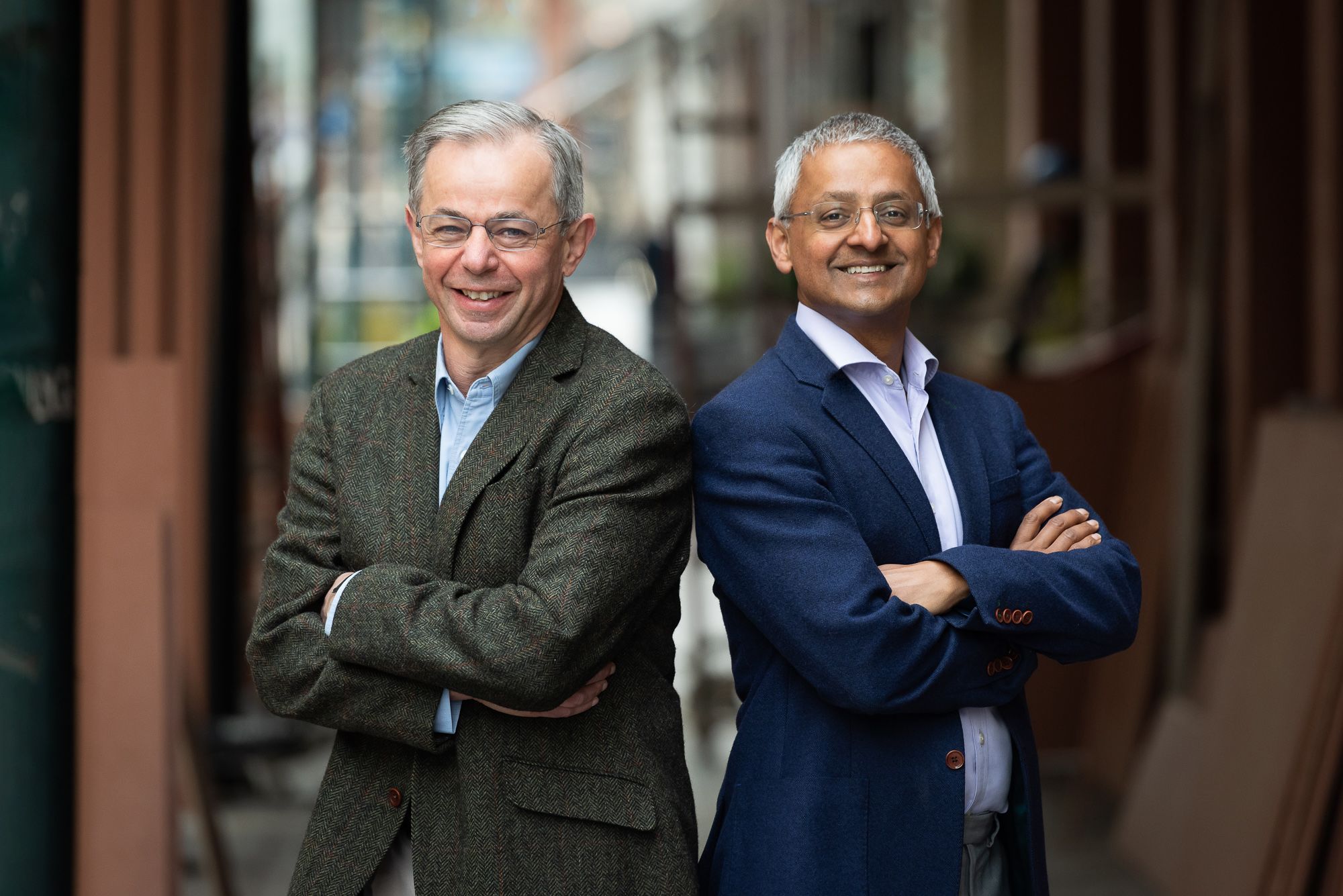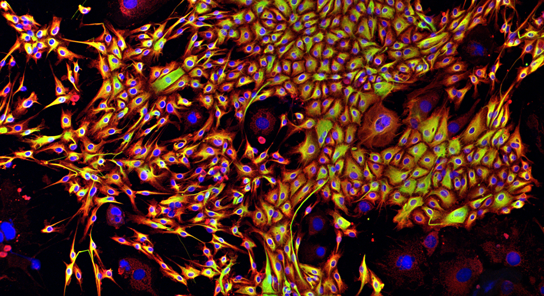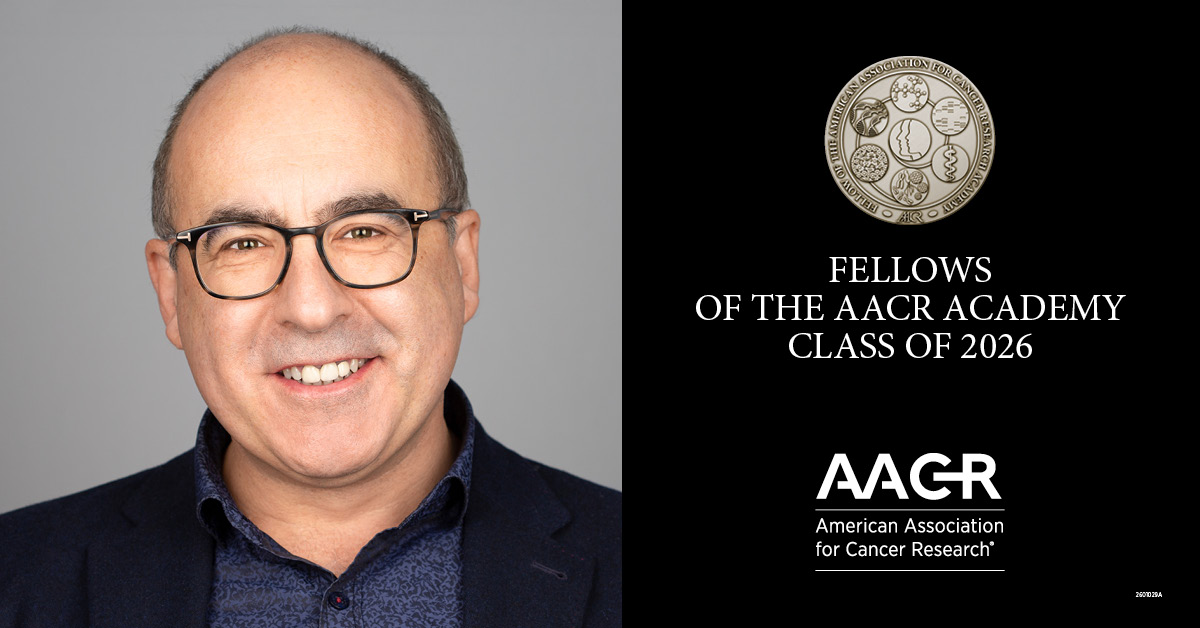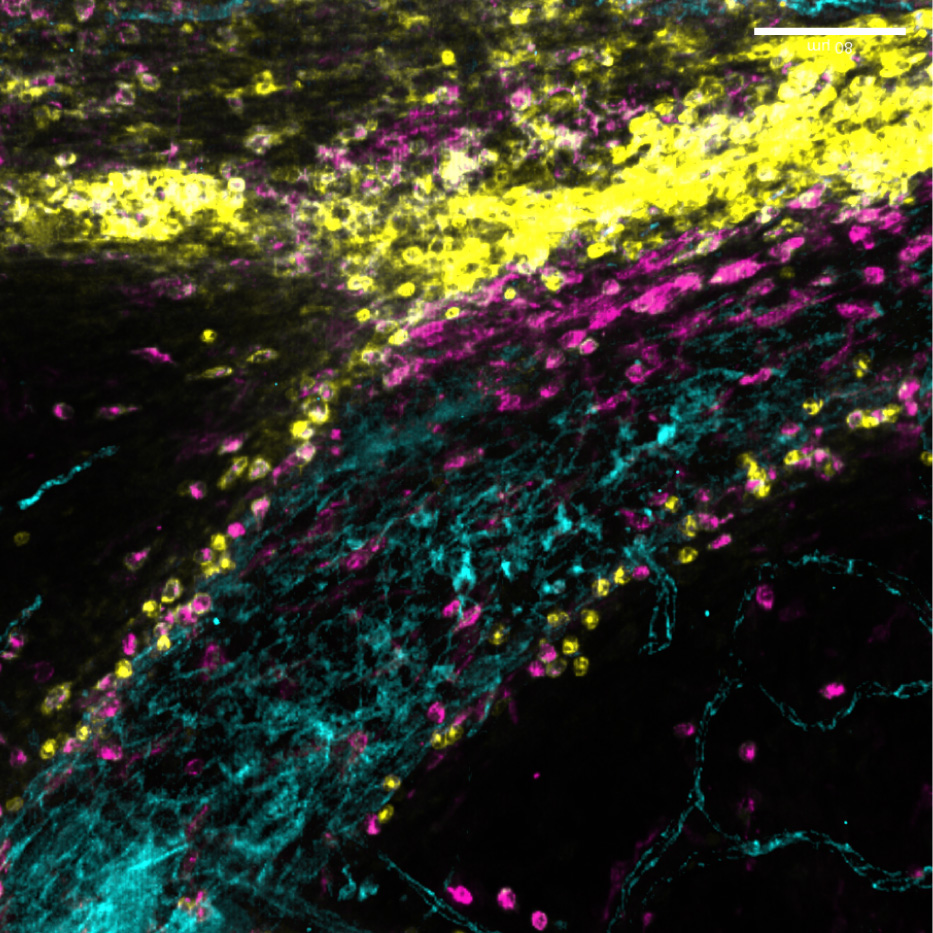Shankar Balasubramanian awarded Breakthrough Prize

Prof Sir Shankar Balasubramanian, Senior Group Leader, has been awarded the 2022 Breakthrough Prize in Life Sciences – the world’s largest science prize – for the development of next-generation DNA sequencing. He shares the award with Prof Sir David Klenerman, Department of Chemistry, and Pascal Mayer, from the French company Alphanosos.
Professors Balasubramanian and Klenerman co-invented Solexa-Illumina Next Generation DNA Sequencing (NGS), technology that has enhanced our basic understanding of life, converting biosciences into ‘big science’ by enabling fast, accurate, low-cost and large-scale genome sequencing – the process of determining the complete DNA sequence of an organism’s make-up. They co-founded the company Solexa to make the technology available to the world.
The benefits to society of rapid genome sequencing are huge. The almost immediate identification and characterisation of the virus which causes COVID-19, rapid development of vaccines, and real-time monitoring of new genetic variants would have been impossible without the technique Balasubramanian and Klenerman developed.
The technology has had – and continues to have – a transformative impact in the fields of genomics, medicine and biology. One measure of the scale of change is that it has allowed a million-fold improvement in speed and cost when compared to the first sequencing of the human genome. In 2000, sequencing of one human genome took over 10 years and cost more than a billion dollars: today, the human genome can be sequenced in a single day at a cost of less than $1,000. More than a million human genomes are sequenced at scale each year, thanks to the technology co-invented by Professors Balasubramanian and Klenerman, meaning we can understand diseases much better and much more quickly. Earlier this year, they were awarded the Millennium Technology Prize.
For the tenth year, the Breakthrough Prize recognises the world’s top scientists. Each prize is US $3 million and presented in the fields of Life Sciences, Fundamental Physics (one per year) and Mathematics (one per year). In addition, up to three New Horizons in Physics Prizes, up to three New Horizons in Mathematics Prizes and up to three Maryam Mirzakhani New Frontiers Prizes are given out to early-career researchers each year, each worth US $100,000. The Breakthrough Prizes were founded by Sergey Brin, Priscilla Chan and Mark Zuckerberg, Yuri and Julia Milner, and Anne Wojcicki.
Related News
See all news-

1M to advance AI powered personalised ovarian cancer care
19th February 2026
Researchers from our Brenton Group are part of an international team awarded the Global Ovarian Cancer Research Consortium’s inaugural AI Accelerator Grant.
Find out more -

Professor Sir Steve Jackson elected as a fellow of the American Association for Cancer Research
16th February 2026
Senior Group Leader Sir Steve Jackson has been elected as a Fellow of the American Association for Cancer Research Academy in the Class of 2026.
Find out more -

New immune pathway offers treatment hope for childhood brain tumours
3rd February 2026
A newly discovered immune pathway could lead to gentler treatments for multiple childhood brain cancers, according to new research from our Gilbertson Group published today in Nature Genetics.
Find out more